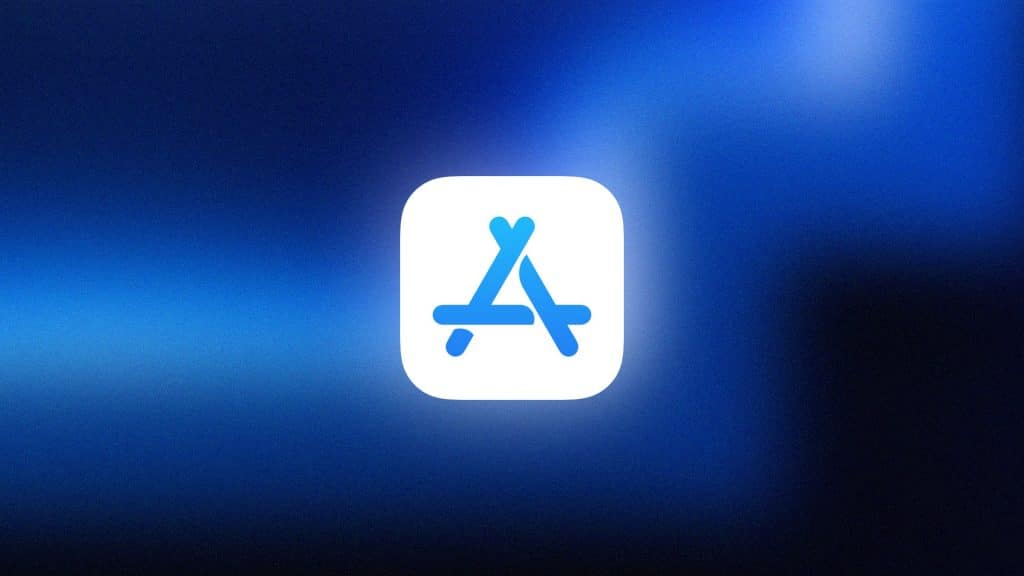Apple is opening the doors to alternative app stores on the iPhone in the European Union, aiming to comply with the bloc’s Digital Markets Act.
This decision, highlighted in a recent interview with Phil Schiller, Apple’s App Store chief, with Fast Company, underscores the balancing act between fostering a more open app ecosystem and maintaining the high standards of privacy and security Apple is known for.
Schiller voiced concerns about the inherent risks of such a shift, emphasizing the company’s commitment to mitigating these dangers for both developers and users.
With the iOS 17.4 update, currently in beta, Apple is navigating new territory. Schiller pointed out that while the new EU regulations offer developers additional avenues for app distribution, they also introduce significant risks, particularly in terms of privacy and security. One of the main concerns is the potential for users to encounter malicious or unsafe apps through these new channels.
Although Apple plans to notarize all apps — via automated and basic human reviews — to prevent such occurrences as much as possible, the process will not be as rigorous as the existing App Store review protocols.
Another challenge lies in the lack of control over objectionable content. The App Store’s strict guidelines have been developed in response to feedback from families and governments, aimed at curbing exposure to unsuitable material.
These regulations, however, will not automatically apply to third-party app marketplaces, leaving a gap in content moderation and user safety. Schiller’s comments highlight a broader issue: the introduction of alternative app stores could lead to increased exposure to illicit content, scams, and other digital threats.
Apple’s stance is clear: while the company is adapting to comply with the Digital Markets Act, it remains cautious about the implications of opening up the iPhone to alternative app distribution channels. This move raises questions about the balance between innovation and user protection, and how Apple will navigate the challenges of maintaining its high standards in a more diverse app ecosystem.
In essence, as Apple ventures into this new regulatory landscape, the conversation around alternative app marketplaces is just beginning.
The company’s efforts to minimize risks while adhering to EU mandates reflect a broader industry debate on the future of digital privacy, security, and content moderation.
